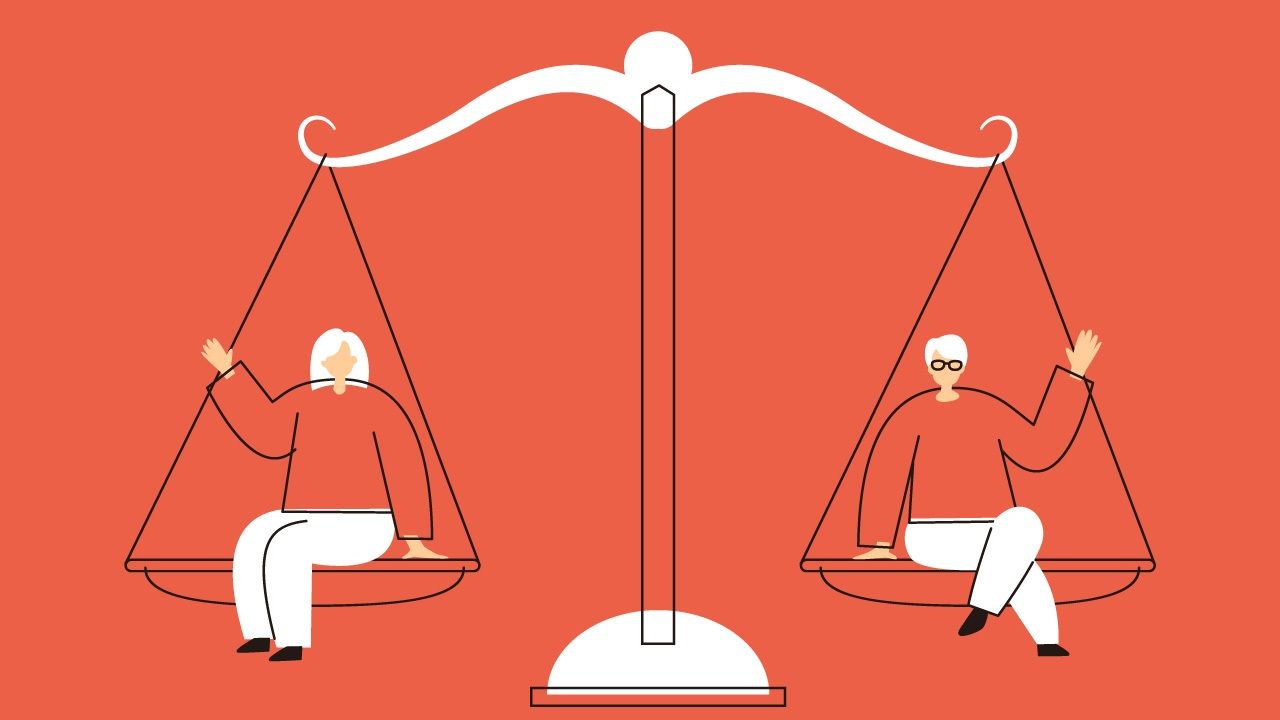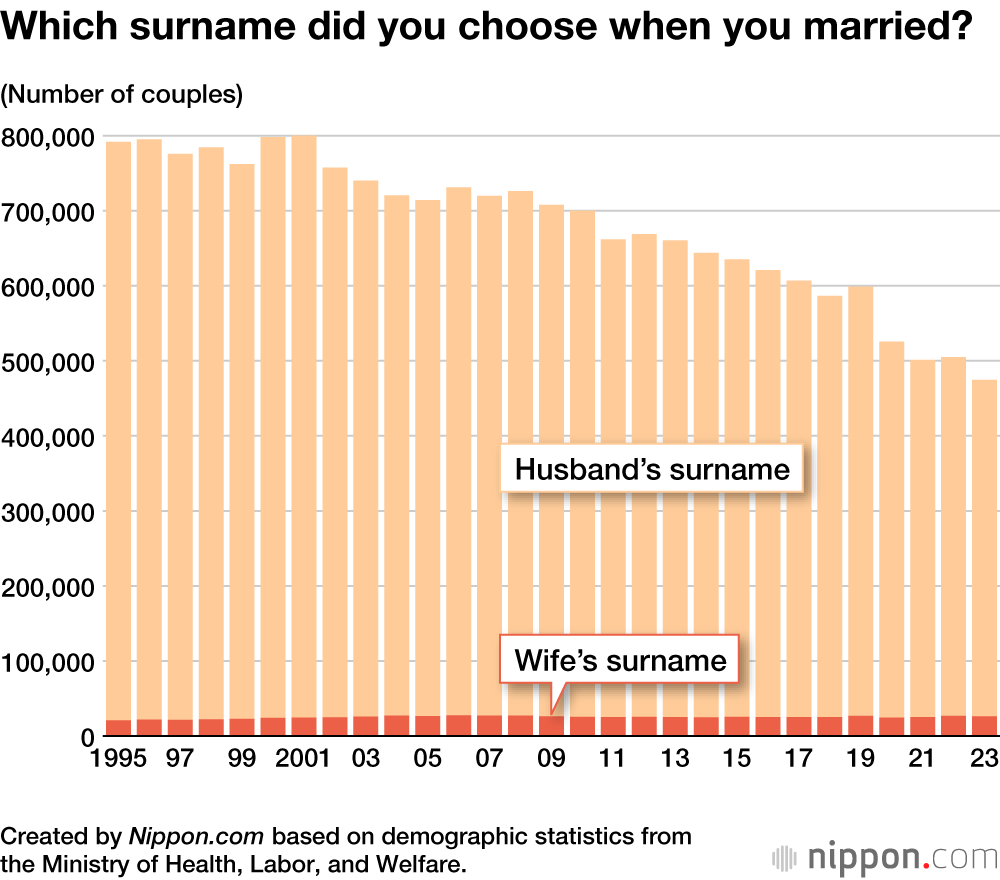
UN Calls Again for Japan to Introduce Selective Separate Surnames System
Family Gender and Sex Society- English
- 日本語
- 简体字
- 繁體字
- Français
- Español
- العربية
- Русский
In October 2024, following its first review in eight years, the United Nations Committee on Elimination of Discrimination against Women recommended legal reform that would introduce a selective dual-surname system for married couples in Japan. The committee additionally called for a revision of Japan’s Imperial House Law, which currently does not allow female descendants of the imperial family to succeed to the throne. The committee, comprising of 23 experts, regularly assesses the implementation of the Convention on the Elimination of Discrimination against Women, aimed at realizing gender equality, in the 189 countries that have ratified it, including Japan. This is the fourth time it has recommended this system to Japan, having previously done so in 2003, 2009, and 2016.
Article 750 of the Civil Code specifies that a husband and wife must have the same family name. To legally get married, one or the other is required to change surname—the only exception is in international marriages, where different surnames are allowed.
While married couples can take either the husband’s or the wife’s surname, in a 2023 demographic survey of 474,741 marriages, only 26,344 (5.5%) were found to have chosen the latter option. For the vast majority of women, getting married means having to change their name.
Japanese Surnames: A Timeline
Edo period (1603–1868) Farmers and townspeople are not allowed to have surnames. Women of samurai families keep their family name even after marriage.
1870 The general public are allowed to start using surnames.
1875 Mandatory use of surnames begins (for tax collection and military registration purposes).
1876 Married couples have different surnames. It is stipulated that the wife uses her original family name.
1896 The (former) Civil Code states that wives must use their husband’s surname.
1947 The revised Civil Code (current law) stipulates that a couple should both use either the husband’s or the wife’s surname.
1985 Japan ratifies the United Nations Convention on the Elimination of Discrimination against Women.
1988 A female researcher at a national university sues to use her maiden name for work. She loses her initial case in 1993, but reaches a High Court settlement in 1996.
1996 The Legislative Council presents an outline for Civil Code revisions that would introduce a system for allowing couples to choose separate surnames.
2001 Government officials are allowed to use the surnames they are commonly known by, rather than their legal surnames.
2002 The Ministry of Justice prepares a bill to allow separate surnames, but strong opposition within the Liberal Democratic Party prevents it from being submitted.
2003 The UN Committee on Elimination of Discrimination against Women recommends the introduction of a selective dual-surname system.
2006 Commonly used names are allowed to be noted on passports.
2009 The UN Committee on Elimination of Discrimination against Women again recommends the introduction of a selective dual-surname system.
2010 The Ministry of Justice prepares another separate surname bill; however, due to dissent within the LDP-led coalition, it is not submitted.
2011 For the first time, five people file a lawsuit claiming that the provisions of the Civil Code are unconstitutional.
2015 The Supreme Court rules that the requirement for married couples to have the same surname is constitutional, saying that it is a well-established system in society and rational for a family to have the same name.
2016 The UN Committee on Elimination of Discrimination against Women recommends the introduction of a selective dual-surname system for the third time.
2018 Aono Yoshihisa, president of the software development company Cybozu—who chose his wife’s name when they married, but uses his birth name for business—sues the government for damages, claiming that having the same family name has impeded his work.
2019 The Tokyo District Court rejects Aono Yoshihisa’s claims.
2021 The Supreme Court rules again that the requirement for married couples to have the same surname is constitutional.
June 2024 The Japan Business Federation (Keidanren) puts forward a proposal calling for prompt action to introduce a selective dual-surname system for married couples.
October 2024 The UN Committee on Elimination of Discrimination against Women recommends the introduction of a selective dual-surname system for the fourth time.
(Translated from Japanese. Banner photo © Pixta.)
